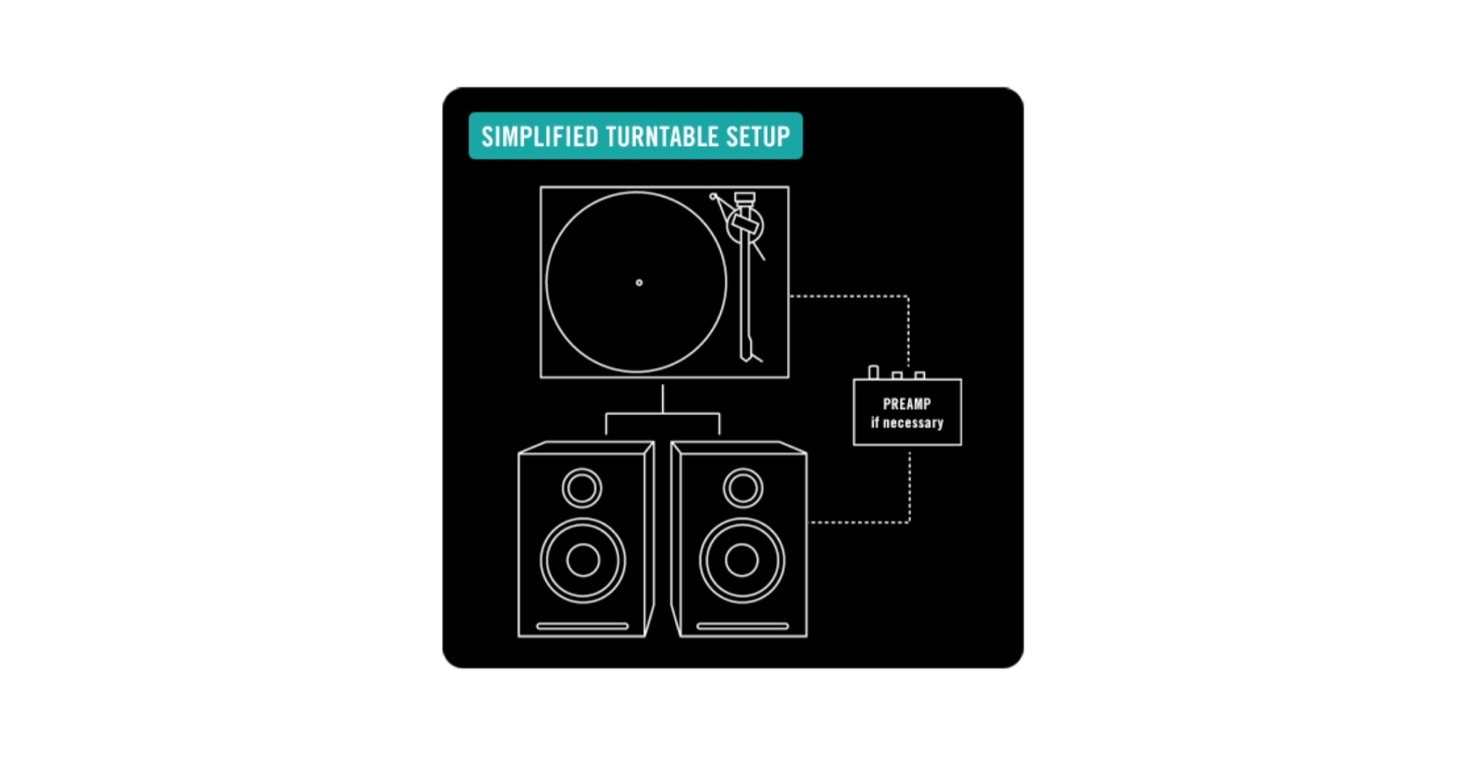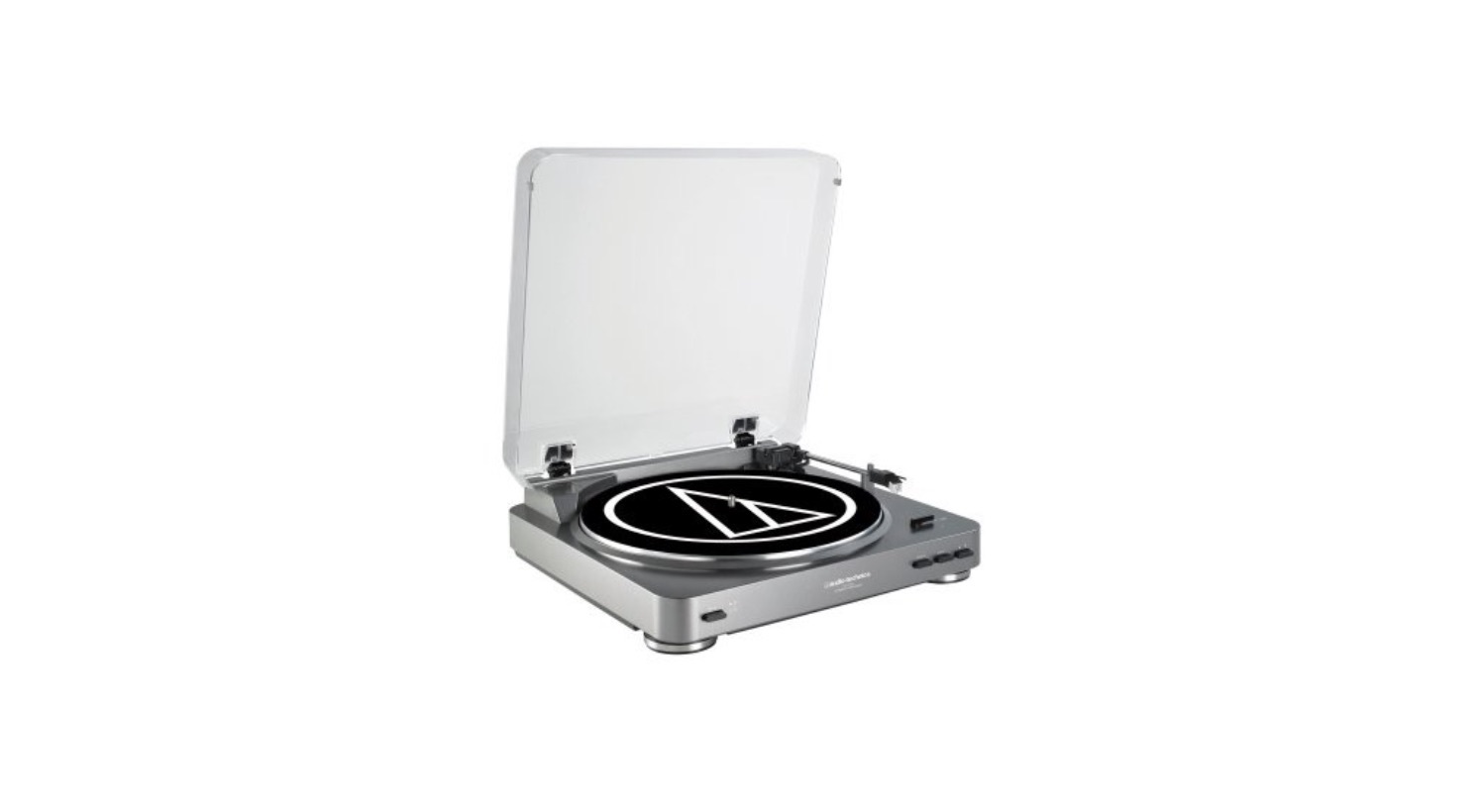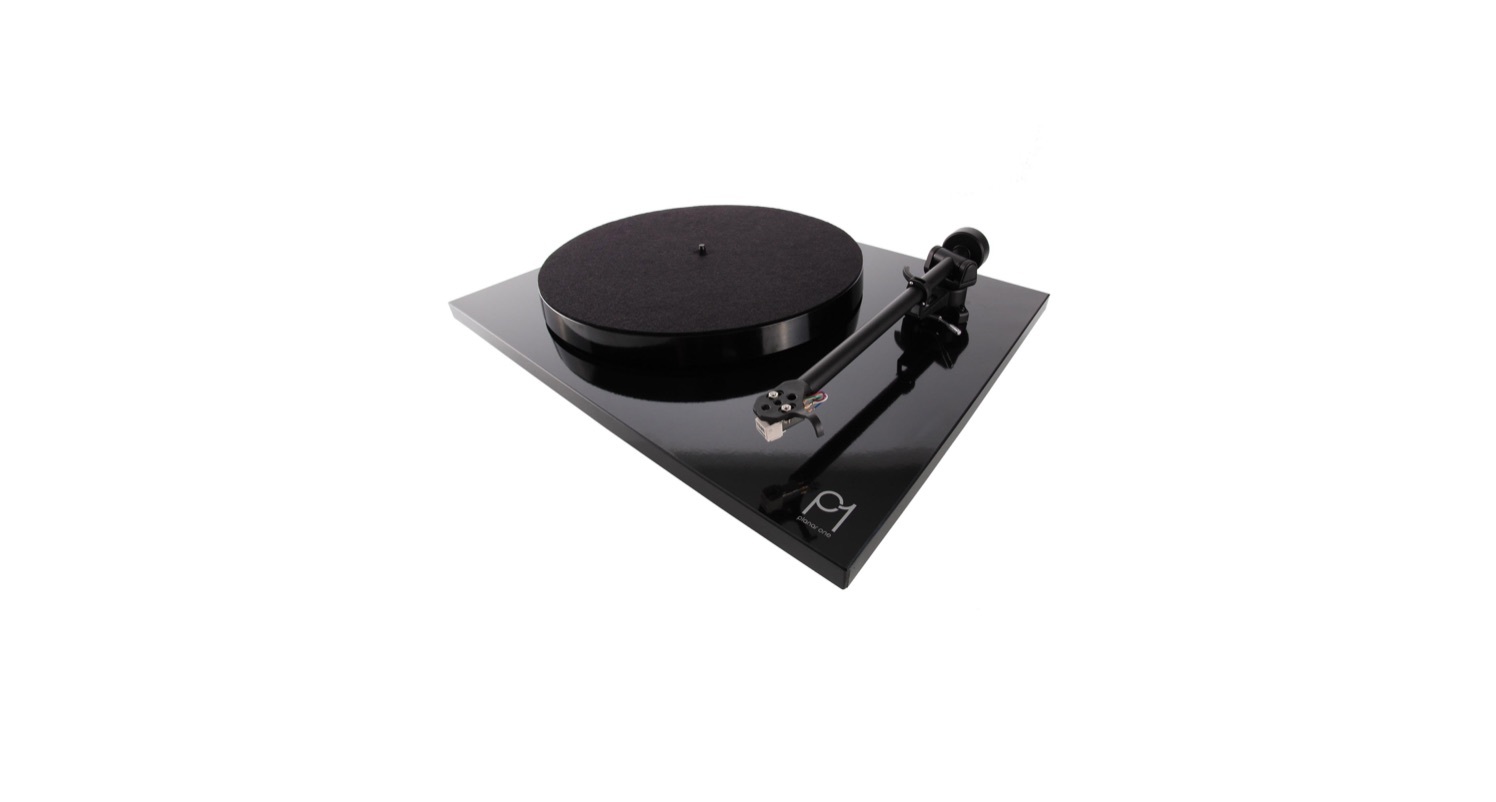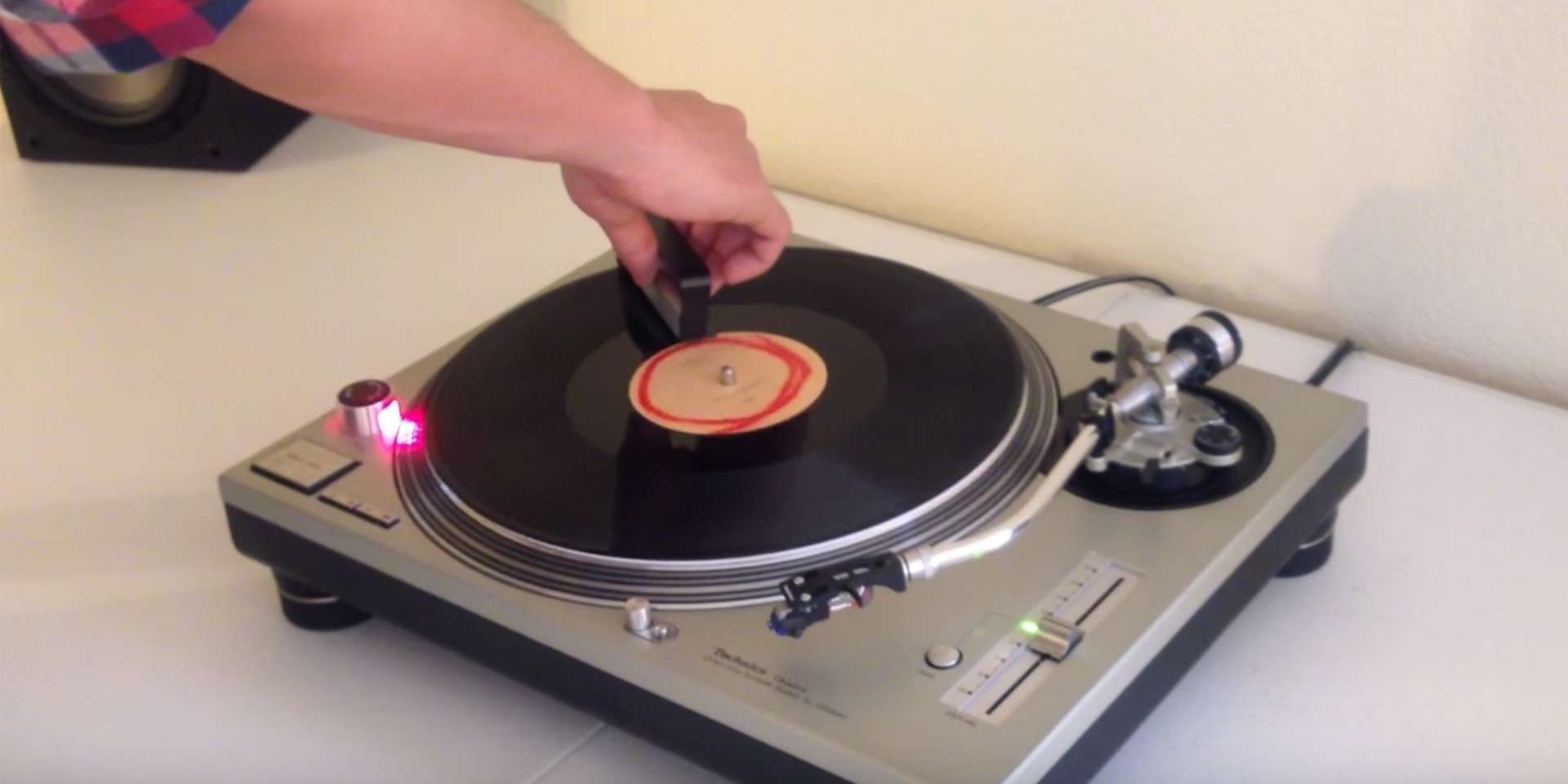Vinyl and record players have made a comeback worldwide. In an all digital world, the old-school, analog quality of vinyl has piqued the interest of many who were not born and raised in the era of wax.
That includes a friend of mine, Priya, whom my friends and I decided to gift a record player as a birthday present. It was a good idea – until I actually began to look into it. Suddenly there were so many things to take into account: different stylus types I had to consider, models that come with or without built-in speakers, others that are hi-fi. Suffice to say, it took a lot more work than I had anticipated.
I figured there are probably many others who are as clueless as I am, which is why I decided to write this guide, for which I consulted the internet, some vinyl-loving friends and a few pros: Robin Chua, Eatmepoptart DJ who also runs Hear Records in Chinatown, and Sharon Seet of The Analog Vault at the Esplanade. So, how do you buy your very first turntable? Let's find out.
How much money do I need to set aside for my first record player?
If you’re thinking of adopting vinyl as a hobby, it is going to cost you some serious cash – both for the actual records and the hardware you'll need to play them. So first things first: start budgeting.
The simplest way to deduce your budget is to decide which aspects of the record player you’d like to prioritise. If we're talking about an entry level turntable with decent sound quality and a good pair of speakers to accompany them, Robin recommends setting aside between $400 to $600.
If you’re willing to splurge a little more, Sharon recommends investing more like $1,000 for a solid set-up that can stand the test of time.
What type of speakers should I buy to accompany my record player?
A common consensus from the Internet is that most good quality vinyl players don’t come with built-in speakers. To fully enjoy the vinyl listening experience, you'll "want to spend a commensurate amount on your amplifier and speakers as you did on your turntable," advises Sharon. Meaning, if you purchase a $500 turntable, you should buy speakers of the same calibre and likely in the same price range.
When browsing speakers, it's advisable to look for active speakers. If you're wondering what those are, let's dive into some details.
As described by The Vinyl Factory, vinyl is a high resolution source. You want as few connections to the player as possible to make sure all the ‘data’ in the vinyl courses straight through the speakers and into your ears. (Of course there are other factors are involved, but we’re keeping it simple.)
The Turntable Lab has illustrated this beautifully:
Active speakers are speakers that have built-in amplifiers. They usually come with a power plug that you have to plant straight into a power socket (which is why they're also known as powered speakers).
Pros: Straight connection to the vinyl player. A good quality model will retain the integrity of the vinyl.
Con: Fewer opportunities for equalisation, meaning sometimes with active speakers you won't be able to adjust the bass or treble etc.

Another option would be to connect your player to a receiver, or a phono amplifier, which is then connected to your speakers or amplifiers. This is if you already have an existing stereo sound system in your home for example.
Pros: You can readily customise what you want to hear: up the bass, lower the gain etc.
Con: Has an additional connection to the player, which tends to reduce the integrity of the audio.
Sticking to the ‘simple and streamlined’ concept, here are some active speakers recommended by various sources that could pair well with entry level players.

Mackie CR3 - SG$199.00 at Lazada

Audioengine A2+ - SG$399.00 at Lazada

Wharfdale Diamond 220 - SG$359.98 at Lazada
Before I start browsing, are there any turntables I should avoid?
The Internet disagrees on lots of things, but when it comes to record players, a good rule of thumb is: “the cuter and more hipster they look, the further you should run away from them”.
Most of the time, these are "all in one" players, and according to Robin, “most of the time the components used aren’t that great for the vinyl”. For example they tend to use a specific type of stylus (ceramic, black and red) that will wear out and damage the vinyl fairly quickly.
Other than sharing the same consensus, Sharon also adds that “a turntable with too basic a specification imposes limitations on the ability to extract good sound from quality vinyl pressings."
Vinyl isn't cheap, especially if you want to move beyond bargain bins and secondhand wax, so it doesn't make a ton of sense to cheapen your listening experience with a cute-but-lightweight player that will damage your beloved records in the long run.
Now that I know what to look for, where do I start?
There are so many shops and outlets in Singapore that readily sell record players, like Tangs, Takashimaya, Courts, and even Mustafa Centre. If you still want a bit more guidance, it's best to visit one of Singapore's many record stores, which sometimes sell turntables, or a store dedicated to music tech or audiophilia.
Before heading out to the shops with your coins, though, it's a good idea to narrow down some brands and models that you prefer. From there, all you have to do is compare the prices of the same model from various places and go for the price you're most comfortable with. Also, don’t be afraid to look online. Places like Lazada, Carousell, and Shopee also have record players in stock.
If you’re not a big fan of third-party sellers, then Sharon’s advice should affirm you as she recommends “purchasing turntables from established specialist audio equipment or turntable manufacturers who have been in the business of making turntables for many years. For example, Audio Technica, Rega, Pro-Ject, Thorens, Linn, etc”.
After scouring the Internet and talking to friends for recommendations, here are some models I've found that are great for beginners.

Audio-Technica AT-LP60 - SG$188.00 at Lazada SG

Audio Technica, AT-LP120 - SG$438.00 at Lazada SG

Rega Planar 1 - SG$599.00 at Home Cinema Pit

Pro-ject, Debut Carbon - Starting from SG$670.00 at Retrophonic SG
Okay, I have a record player now. Is that all?
Definitely not. Like any investment, you have to take care of your records. Also, if you don't look after your records, an expensive player won't help you. Vinyl care, as I’ve found out, deserves an article by itself, but here are some basic pointers.
Handling and storage of records
- When taking the vinyl out of the sleeve, always touch the sides, never where the grooves are.
- Seems basic, but when placing or removing the vinyl from the turntable, make sure it is at a complete stop (to avoid the grooves on the vinyl from being damaged).
- Insert your record into the sleeve by sliding them in gently. It is tempting to drop the vinyl in, but that’s going to ruin your sleeve and your vinyl won’t have a place to stay.
- Store your vinyl the same way you would books - upright, never stacking on top of one another. Stacking will add weight on the record and may cause cracks.
- When your vinyl is not being used, make sure it's back in its sleeve. Don’t leave your records out if you don’t have to.
Cleaning
- Microfiber cloths are great for cleaning vinyl. They absorb oil and clings on to dust that have settled in the grooves. Do not use random cloths, like your t-shirt, rags, etc. They can scratch your vinyl.
- Cleaning brushes like the AudioQuest Anti-Static Record Brush is another way to go about maintaining your vinyl.
Sharon personally stresses that it is “imperative to keep one’s vinyl records clean and dust-free, [hence] investing in a good record brush and a record cleaning kit is key”.
The Vinyl Factory has compiled some pretty useful tips and tricks you can possibly use at home when it comes to vinyl care.
What player and speakers did my friends and I end up getting for Priya, you ask? Ultimately, we decided on the Audio Technica AT-LP60 (on Robin's recommendation) and the Audioengine A2+, even though it wasn't the cheapest option out there. Sometimes, a splurge is worth it.
Bear in mind, what I've laid out is a super condensed and simplified run-through of the actual buying process. The sky is the limit, especially if you have a bigger budget. The key is to do as much research as you can, ask more knowledgeable friends for opinions, and try out the players for yourself. Take your time with it.
We haven’t even touched on the psychological and emotional aspects that come with spending large amounts of money on an audio equipment, but if you’re in doubt, take it from Sharon who spent a bomb on her first record player but still uses it today, 15 years later. She swears by the motto “what you pay for is what you usually get”, at least in the audio world.
Do you love vinyl and hi-fi audio? Is there anything we missed out in this guide? Let us know your tips and tricks in the comments!
Like what you read? Show our writer some love!
-

